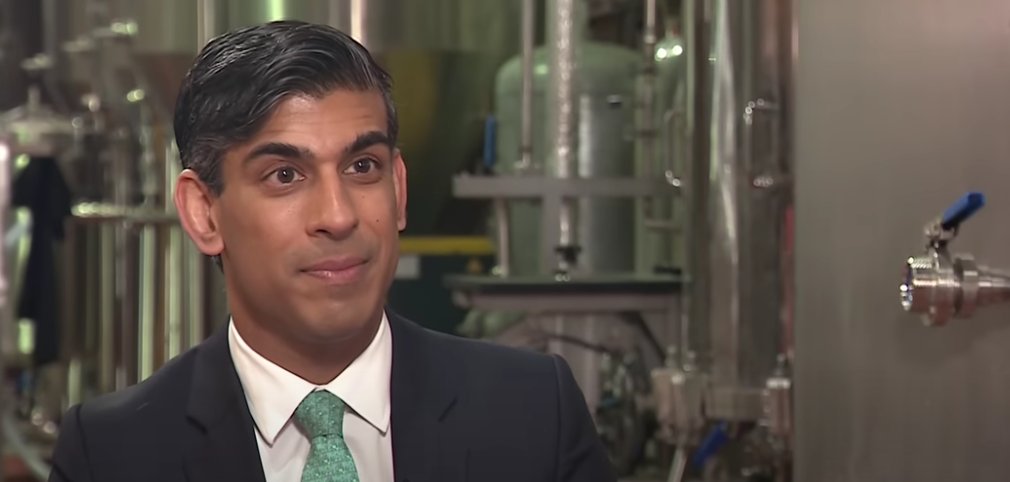Sunak’s spot of sunshine: Reform underperformed

The locals didn’t offer much comfort for the Tories. The high point was Ben Houchen surviving a 17% swing against him. The Lib Dems won more councillors than them for the first time since 1996. But there was one glimmer of hope: Reform UK fell a fair bit short of what their national polling would suggest.
The Right Benchmarks
They say history never repeats, but the rise of Reform is as close as we’ll get. Farage’s new party (with someone else nominally in charge) is broadly UKIP 2.0. It is also polling very close to what UKIP achieved in the 2015 election, their high point (not counting the Brexit referendum, I guess).
In 2015 UKIP secured 12.6% of the vote, albeit only one seat (Clacton, where Douglas Carswell had defected). As Reform are polling about that now, it is easy to think of them as a similar scale threat to the Tories. But UKIP performed much better pre-election than Reform are right now.
UKIP’s vote share fell short of their polling a few months out from the election, when they hit around 16% in averages (with plenty of polls even higher). Reform face a similar squeeze from a (so far) lower peak.

UKIP also made much bigger in-roads into local councils. In 2013 they won 147 councillors on 23% of the BBC’s Projected National Share. 2014 saw a slightly lower vote share (17%) but 166 council seats won.
By contrast, Reform won 2 councillors last week and averaged 11.5% of the vote where they ran, which were their strongest areas (they ran in a small fraction of wards). In wards where all five national parties ran (the default at a general election) they won just 9.5% of the vote.
And while Reform crowed about almost beating the Tories into third in Blackpool South with 17%, it pales in comparison to UKIP’s achievements in 2014/15. Of the five by-elections from 2014 to the election, UKIP won two (the ones they were defending with defectors) and came second in the others with 18%, 26%, and 39% of the vote!
Re-assessing Reform
Reform are simply not on the same level as 2014/15 UKIP. It is possible their support will keep rising or their voters skew more heavily toward those who vote only at general elections, but it is more likely they are simply a bit over-represented in the polls.
This is good news for the Tories, of course. In fact, it’s even better news than it may appear. Unlike UKIP, Reform really is a fairly straightforward danger to them. UKIP took votes from both sides with more balance than was often appreciated, even if their support was higher among former Tories. But Reform seems to be taking votes much more heavily from the Tories with limited direct impact on Labour.
If Reform do underperform come election time, perhaps winning 6-8% of the vote not 12-14%, the bulk of that would go right back to the Tories.
The Tories need all the help they can get these days. With their support dangerously near the territory where FPTP leads to a total collapse, a couple of percentage points more nationally could be the difference in dozens of seats.
You can bet directly on Reform’s prospects at William Hill, with the Over/Under being set at 10.5% (17/20 odds). Smarkets also has a (thin) market with bands of 0-5%, 5-10%, and 10%+. With the prospect of a squeeze as the election approaches and the hints from the locals that they aren’t truly at 12% currently, I’ve taken the under.
Pip Moss
Pip Moss posts on Political Betting as Quincel. As well as the bet flagged above he has bets on the Tories to win more than 99 or fewer than 50 seats at roughly 1/3. You can follow him on Twitter at @PipsFunFacts and BlueSky at @Quincel.Bsky.Social